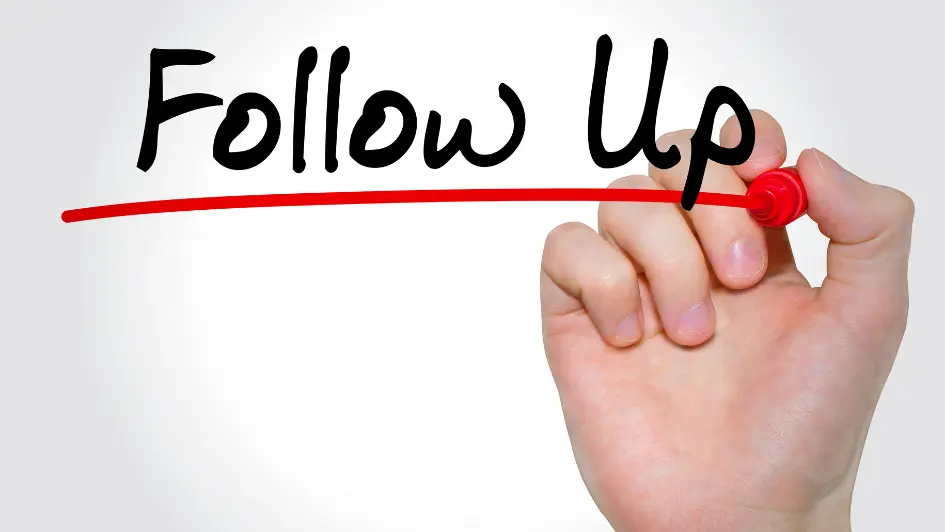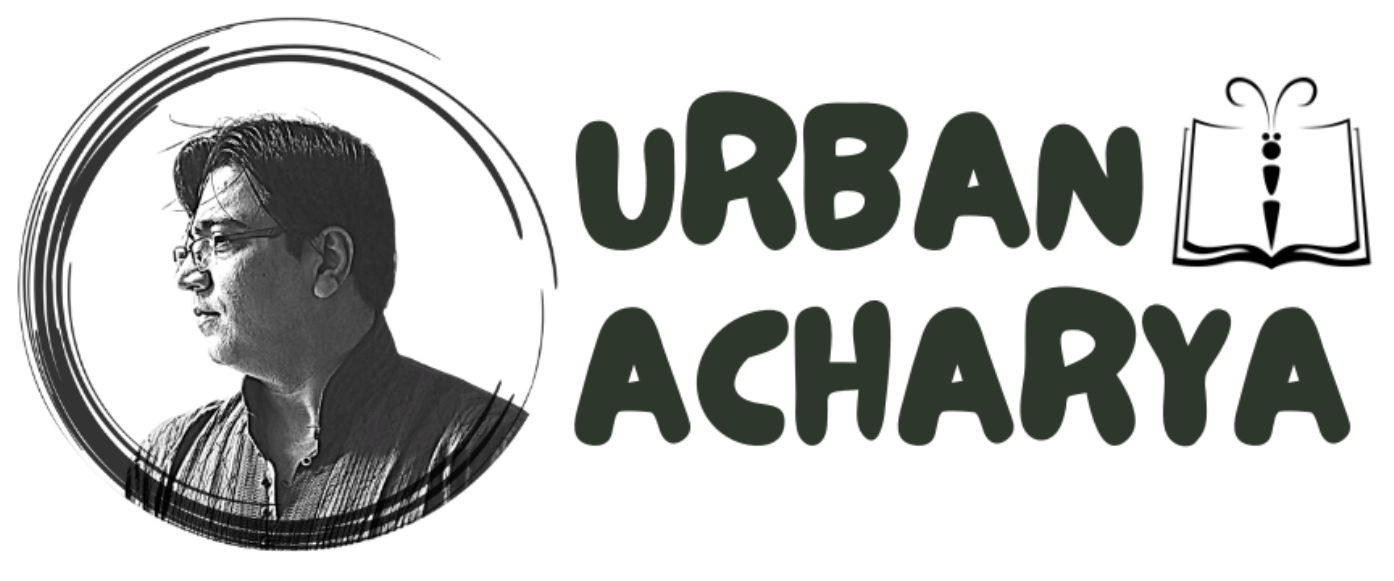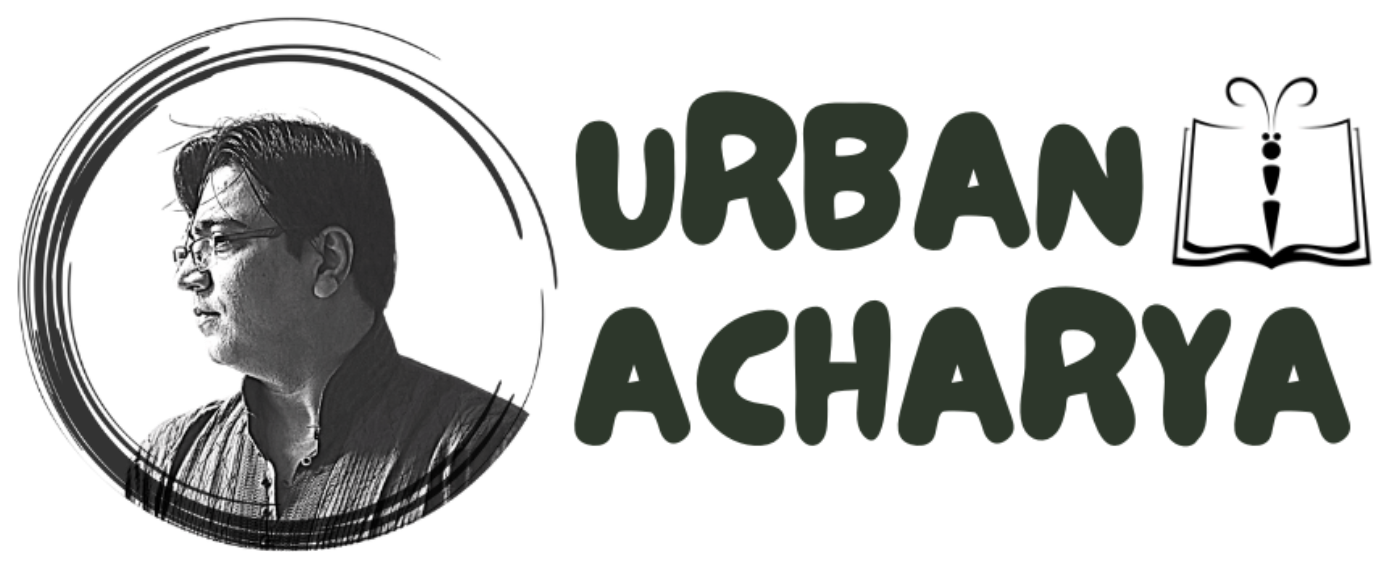Don’t Know the Answer? Let’s take an imaginary situation.
You are facing an interviewer or a panel and trying really hard to think through.
Your mind is failing you and the pause is becoming awkward.
Perhaps you are facing the most difficult question of your life and you are floundering for answers.
What will you do in such a situation? We all know that this is not an imaginary situation at all.
No matter how well-prepared you are for an interview, there may be times when you encounter a question that you simply don’t know how to answer.
Maybe the question is outside your area of expertise, or perhaps it’s a hypothetical scenario that you haven’t encountered before.
Whatever the reason, it can be unnerving to face a question that you don’t have a clear response to.
However, fret not! In this article, we will share five powerful strategies based on our collective experience of working with various organizations and interviewing thousands of candidates.
These strategies will help you handle such situations with confidence and poise.
1. Don’t know the answer? – Stay calm and composed:

When faced with a question you don’t know the answer to, it’s natural to feel anxious or nervous.
However, it’s crucial to stay calm and composed. Take a deep breath, pause for a moment, and collect your thoughts.
Remember that the interviewer is not trying to trip you up or make you feel uncomfortable.
They simply want to assess how you handle difficult or unfamiliar situations.
By maintaining your composure, you project confidence and create a positive impression.
2. Don’t know the answer? – Ask for clarification:

If you’re unsure about the question or need more information to answer it effectively, don’t hesitate to ask the interviewer for clarification.
Seeking clarification shows your willingness to understand the question fully and provides you with additional time to gather your thoughts.
Politely ask the interviewer to elaborate on the question, demonstrating your eagerness to provide a well-informed response.
For example, you could say, “Could you please clarify the question a bit? I want to make sure I understand it fully.”
3. Don’t know the answer? – Don’t be afraid to say “I don’t know”:

Honesty is always the best policy.
If you genuinely don’t know the answer to a question, don’t attempt to bluff your way through it. Instead, be transparent and admit your lack of knowledge.
Acknowledge the question’s relevance and express your willingness to find a solution or gather more information.
By doing so, you exhibit integrity, humility, and a collaborative mindset.
Your response could be, “That’s a great question, and I’m not entirely sure of the answer. However, here’s how I would approach finding a solution or gathering more information.”
4. Don’t know the answer? – Use your critical thinking skills:

Even if you don’t possess the answer to a specific question, you can still showcase your critical thinking skills.
Analyze the question from various angles and leverage any relevant information or experiences you have to provide a thoughtful response.
Highlight your ability to draw connections and apply knowledge gained from similar situations.
For instance, you might say, “While I don’t have a direct answer to that question, I do have experience with a similar situation. Here’s how I handled it…”
5. Don’t know the answer? – Follow up after the interview:

If you realize after the interview that you could have provided a better response to a particular question, don’t hesitate to follow up with the interviewer.
Sending a polite email expressing gratitude for their time and addressing the question you struggled with demonstrates your eagerness to learn and improve.
This follow-up also provides an opportunity to clarify any misunderstandings or provide additional information.
It shows that you take the interview process seriously and are committed to self-improvement.
To summarize, dealing with situations when you don’t know the answer can be challenging, but it’s also an opportunity to demonstrate your critical thinking skills, transparency, and willingness to learn.
Success lies not in having all the answers, but in the ability to navigate the unknown with unwavering confidence and strategic thinking.
Urban Acharya
By staying calm, asking for clarification, being honest, using your critical thinking skills, and following up after the interview, you can handle these situations with confidence and grace.
Remember, an interview is not just a question-and-answer session.
While giving the right answers is important, how you approach a specific subject and how you conduct yourself during the interview matter a lot too.
Non-verbal gestures can often speak volumes, so pay attention to your body language, tone of voice, and overall demeanor.
Project confidence, maintain eye contact, and engage actively with the interviewer.
These non-verbal cues can convey your enthusiasm, professionalism, and ability to handle challenges even when faced with unfamiliar questions.
In addition to the strategies discussed, it’s essential to prepare thoroughly before any interview.
Research the company, understand the role you are applying for, and anticipate potential questions that may arise.
Practice mock interviews with a friend or mentor to build your confidence and refine your responses. The more prepared you are, the better equipped you’ll be to handle unexpected questions.
Lastly, remember that no one expects you to know everything.
Interviews are opportunities for both the interviewer and the interviewee to assess fit and compatibility.
Your ability to approach unfamiliar questions with honesty, critical thinking, and a willingness to learn can leave a lasting positive impression.
So, the next time you find yourself faced with a question that stumps you, remember these strategies: stay calm and composed, ask for clarification, don’t be afraid to admit when you don’t know the answer, use your critical thinking skills to provide a thoughtful response, and follow up after the interview to address any missed opportunities.
Armed with these tactics, you can confidently navigate any interview and leave a lasting impression on your potential employer.
Good luck with your interviews! Remember, it’s not just about the answers you give but also about how you handle challenging situations and present yourself as a capable and adaptable professional.


